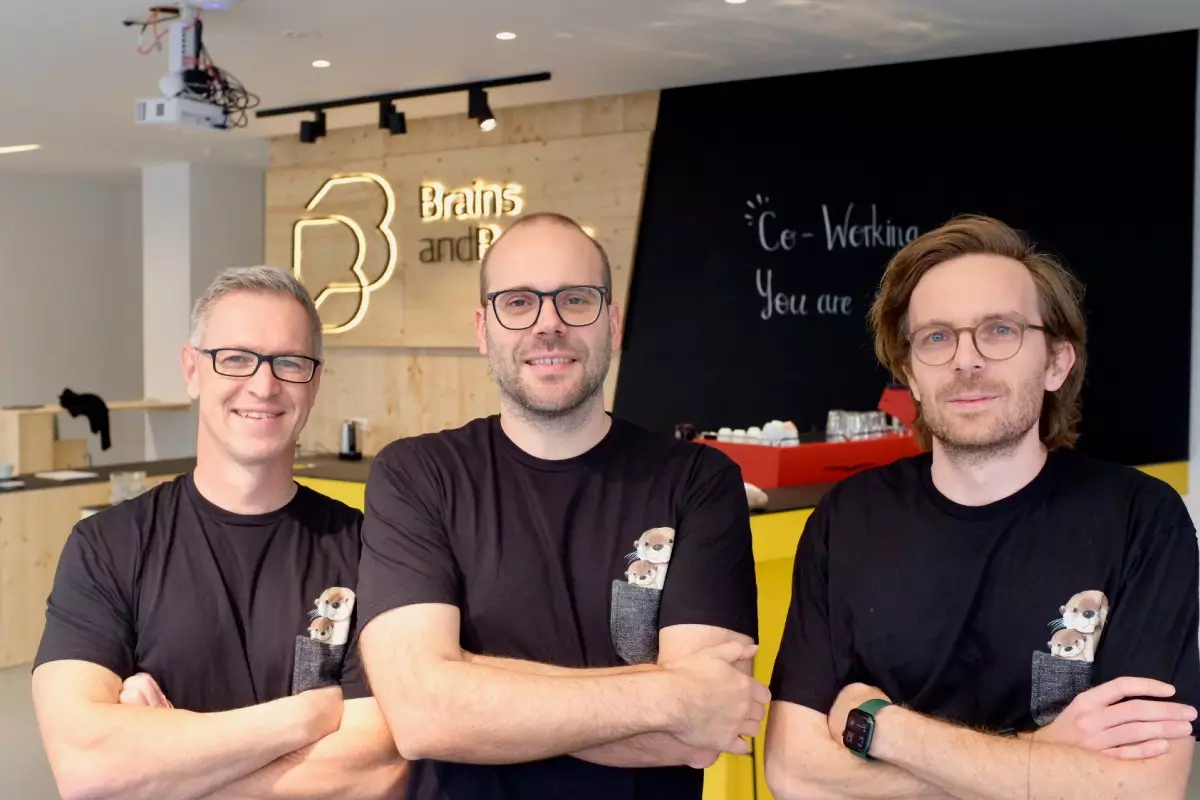As 2024 unfolds, many companies report a significant decline in organic traffic, primarily attributed to the burgeoning influence of AI-generated search results. The landscape of online inquiry is evolving, with many traditional search queries increasingly yielding results that don’t lead to conventional click-throughs. This seismic shift poses unique challenges for businesses striving to maintain their visibility and engagement amid the rise of generative AI technologies. For instance, search interactions in platforms like ChatGPT or Perplexity are often opaque, leaving companies with little insight into user behavior.
In light of these changes, a concept known as generative engine optimization, or GEO, has emerged. This term resonates with the traditional realm of search engine optimization (SEO) but is specifically tailored to address the nuances of AI-driven search environments. Thomas Peham, CEO of the Vienna-based startup Otterly.AI, emphasizes the need for this strategic pivot, arguing for the term “AI search visibility optimization” as a more precise descriptor of the challenge at hand. This indicates a broader shift in marketing strategies, urging organizations to reassess how they engage with their audiences in an AI-influenced ecosystem.
Tools for a New Era
Otterly.AI is capitalizing on this transitional phase by developing innovative dashboards designed to help companies and ad agencies monitor their standing within the evolving AI search landscape. Unlike its New York competitor Profound, which is still in closed beta, Otterly recently transitioned out of stealth mode, celebrating a milestone of over 1,000 users. This growth is especially noteworthy given that last year, the company had a promising launch on Product Hunt, only to face a significant paradigm shift following Google’s implementation of “AI Overviews.”
These AI Overviews are transforming how users interact with search engines, fostering what are referred to as “zero-click searches.” In such scenarios, users receive sufficient answers directly on the search results page, negating the need to click through to external sites. For companies that have historically garnered traffic through organic search, this trend is disconcerting. Peham pointed to a specific case of a SaaS firm that witnessed a dramatic drop in its organic search footprint due to AI Overviews now dominating half its targeted SEO keywords.
The next logical question for businesses is how to effectively translate these insights into actionable strategies. One of the challenges within generative AI models is their complex and often opaque nature, which can be likened to a “black box.” With this in mind, Otterly is actively developing a recommendation engine. This tool aims to augment its offerings, helping marketing teams iteratively test optimization strategies. Transitioning from monthly to weekly tracking facilitates rapid experimentation, allowing teams to identify what content resonates with users and what approaches fall flat.
While the tinkering required reflects some SEO principles, there’s a notable shift in focus toward brand visibility rather than mere click counts. Peham insists that adopting a more holistic perspective on brand presence and marketing strategy is essential in this new frontier. With a background steeped in marketing, including roles as the VP of marketing at CMS company Storyblok, Peham established Otterly to better comprehend the ramifications of AI on search behaviors from a branding standpoint.
Peham’s partnership with co-founders Josef Trauner and Klaus M. Schremser brings together a wealth of experience, particularly in operations, product management, and technical prowess. This diverse skill set positions Otterly to navigate the complexities of the AI search space while avoiding potential pitfalls associated with scaling a startup. Notably, the team has opted against seeking external funding, aiming instead to grow organically through its expanding user base.
With ambitions to establish itself as a significant player akin to Semrush or Ahrefs in the SEO landscape—but specifically in AI search—the future looks promising for Otterly. Peham has hinted at exciting alliances, including a partnership with Semrush, further indicating a potential collaborative spirit among emerging players in the AI search optimization arena. As the landscape continues to shift, businesses that adapt to and embrace these changes stand to benefit from this new era of search.

